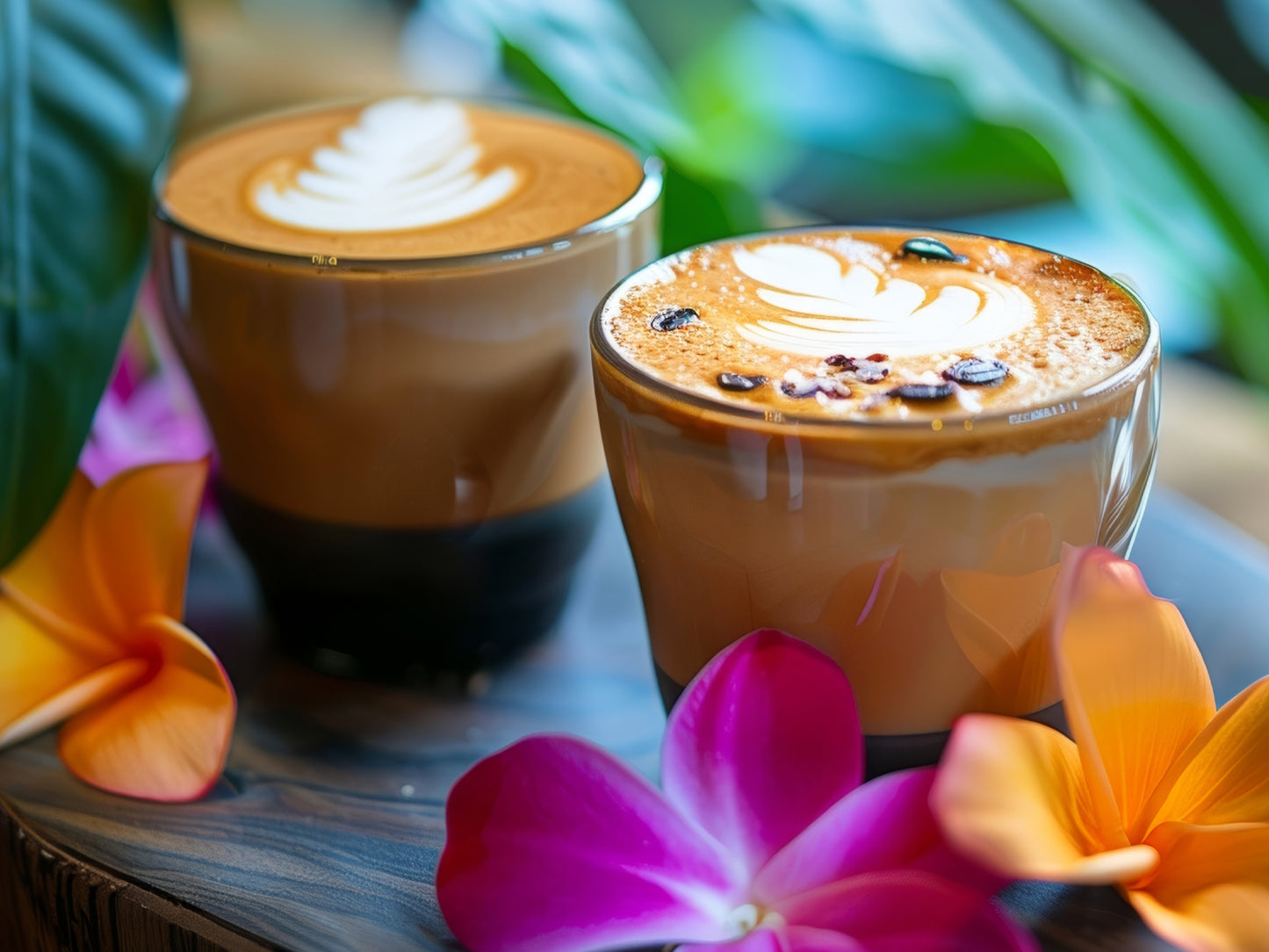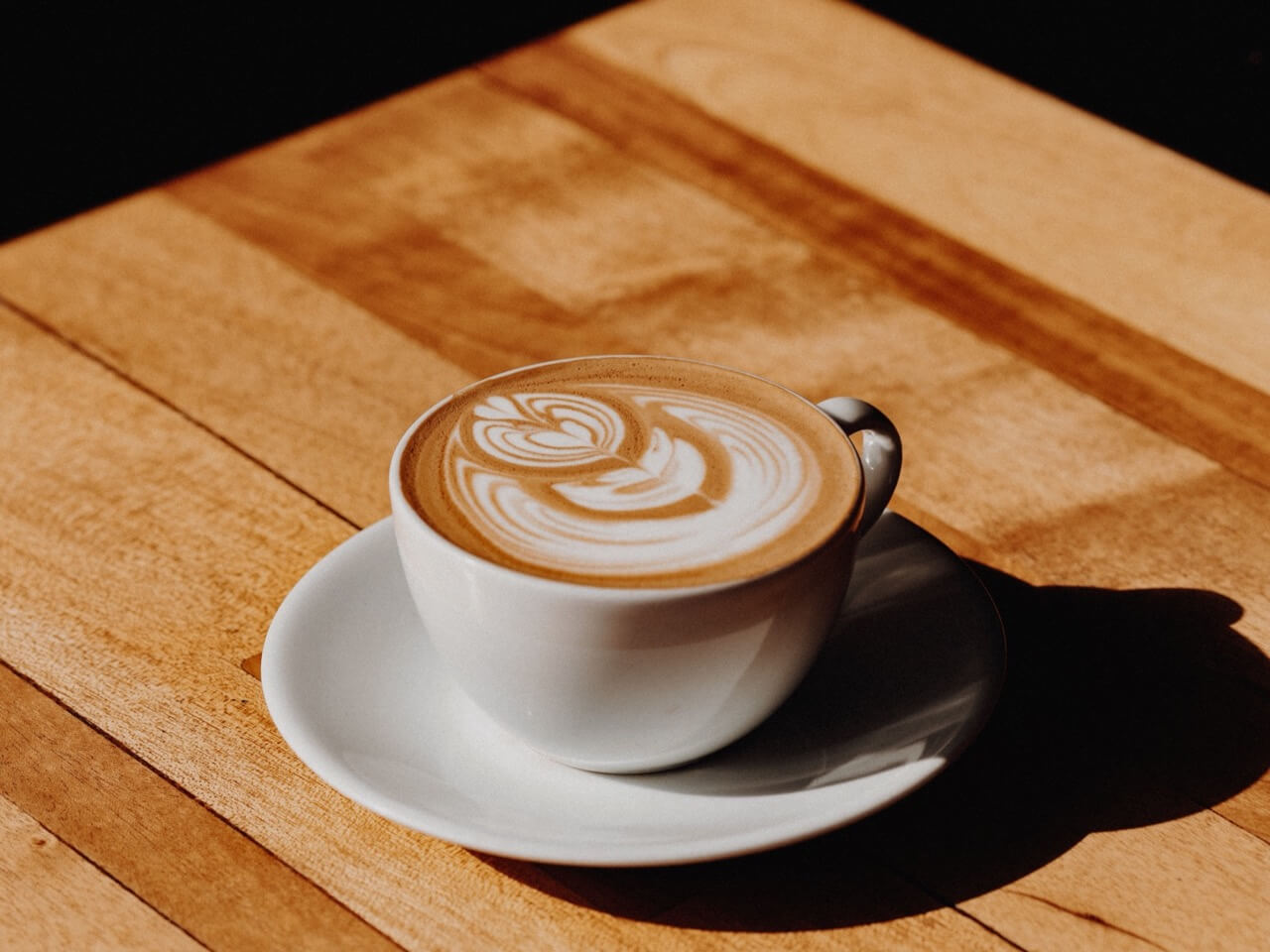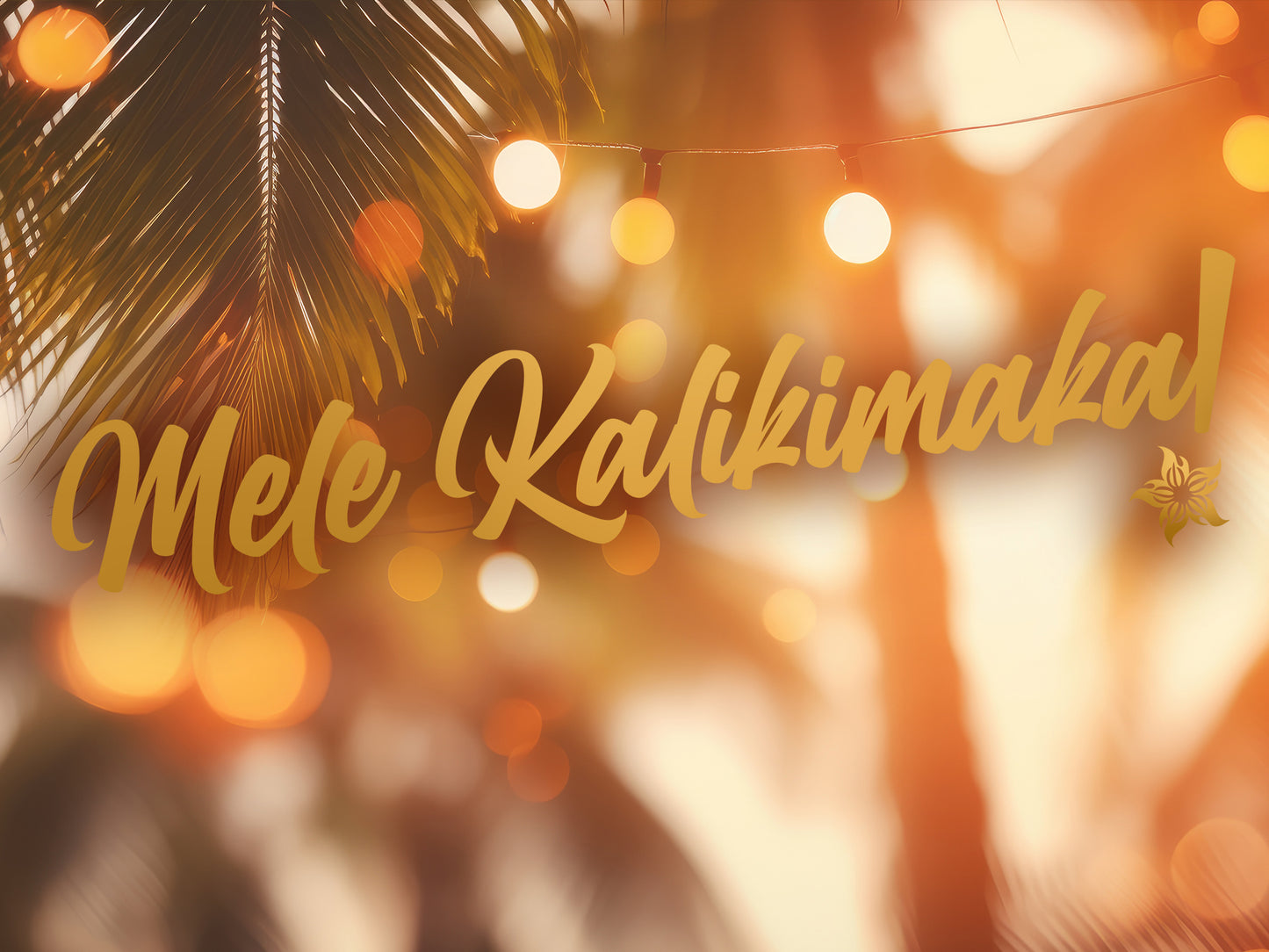
As featured in the Daily Sentinel — A guide to coffee in every state
What makes a good cup of coffee is personal. Some coffee connoisseurs swear by an AeroPress, while others are drip loyalists. But what about the steps before that? Sure, how a cup is brewed impacts the flavoring, but so does how it's planted, harvested, and roasted.
Everything from the soil of the coffee plant to how the cherries are processed, roasted, and brewed affects elements like acidity and flavor notes. For example, arabica plants are more acidic than robusta plants, which tend to have double the chlorogenic acid as arabica plants. This flavoring can then be either increased or decreased based on how the cherries are processed. If the cherries are washed, it tends to have more acidic notes, but if the cherries are naturally processed, the end product will have a sweeter flavor profile. There's also a third option, where the cherries are pulped. This method creates a bean that falls somewhere in the middle, with mild acidity and mild sweetness.
If you're wondering why you love some dark roast blends and can't stand others, start paying attention to the origin of your coffee and how it's been processed. Homegrounds researched notable coffee roasters in the U.S. and listed ones you can't afford to miss in all 50 states. Here's a look at how the best roasters in America are crafting the ideal cup.
HAWAII: Tradition Coffee Roasters
Celebrated for brewing the perfect medium roast coffee, Tradition Coffee Roasters is the place to grab your morning or afternoon cup of joe, if you're in Hawaii. In addition to their medium roast, they also carry a limited-edition Guatemalan coffee with hints of toffee, butterscotch, and fig as well as a coffee blend with notes of key lime pie and macadamia nuts.



